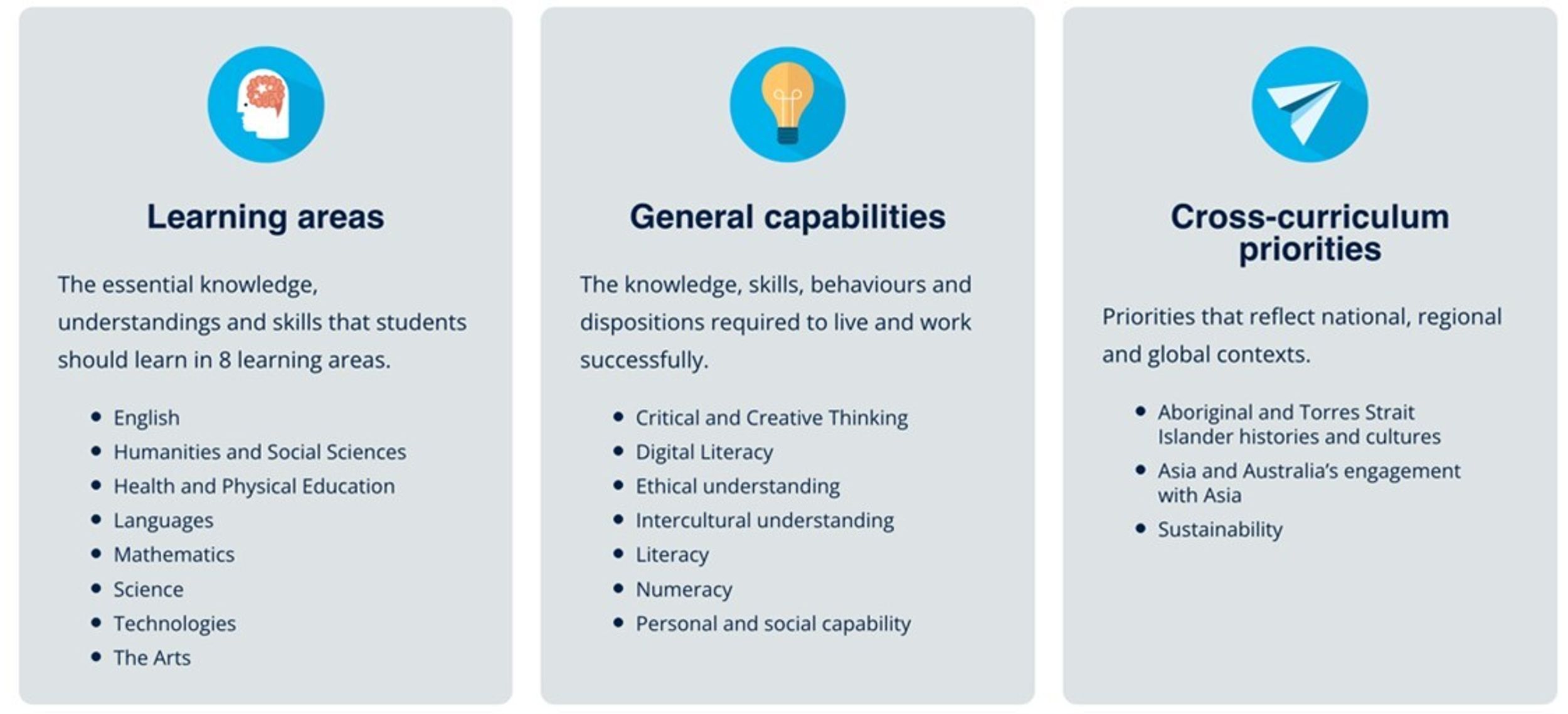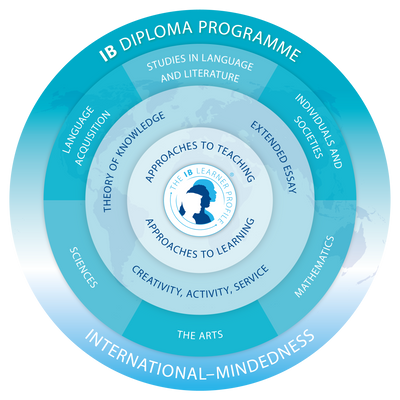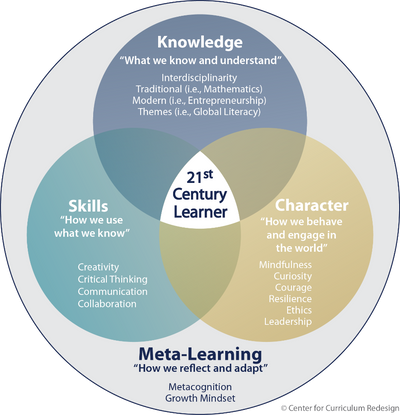Enhancing Student Agency
If reading this article on a phone, it is best to hold the phone landscape.
By Nicholas Moss, Acting Assistant Principal Curriculum
As our newly-appointed Acting Assistant Principal Curriculum, I presented on our Approaches to Learning (ATL) initiative during the Secondary School Professional Learning program in January. My presentation focused on reinforcing the purpose and research behind our ATL initiative and how our staff can embed and assess ATLs. Given the direct link between our ATL initiative and our upcoming parent, student and teacher conversations in the next two weeks, I'd like to share parts of my presentation.
At Radford College, we are committed to supporting our students to reach their potential, so they can contribute to and shape their world, now and in the future. To achieve these outcomes, we are responsible for teaching our students the requisite knowledge and skills.
For our Year 7–10 students, the newly-released Version 9 of the Australian Curriculum sets out the essential knowledge and skills. The framework (pictured below) is three-dimensional and encompasses learning areas, general capabilities and cross-curriculum priorities.
In Years 11 and 12, students can choose to complete the ACT Senior Secondary Certificate (SSC) or the International Baccalaureate Diploma Programme (IBDP). The ACT SSC allows students to choose from 14 different course (or learning) areas and includes the general capabilities and cross-curriculum priorities from the Australian Curriculum.
Australian Curriculum: Version 9 (source ACARA, 2022)


The International Baccalaureate Diploma Programme
The IBDP (pictured right) provides our students with a balanced education that promotes international mindedness. Drawing on six course (or learning) areas and the Core (i.e. Theory of Knowledge, Creativity, Activity and Service and the Extended Essay), the DP is underpinned by prescribed approaches to teaching and learning.
Expansion of Radford’s Secondary School Approaches to Learning
Following the overwhelming success of implementing the Secondary School’s Approaches to Learning in 2022, we have expanded the initiative this semester and will continue to do so over the next 12 months.
All students in Years 7-12 recently completed self-assessments and conversations with their teachers about self-regulation: student demonstrates self-discipline and sets goals, and either a second self-regulation strand (i.e. expresses emotions appropriately) or a social management ATL.
The social management strands are ‘works collaboratively’, or ‘appreciates diverse perspectives and contributes to civil society’.
To allow our students to embed the aforementioned ATLs in assessment tasks, we are currently trialling ‘hurdle tasks’ in a select number of courses in each department. Hurdle tasks are compulsory, student-led conversations that occur as part of completing a take-home or in-class assessment. Specifically, these conversations require students to reflect on the ATLs being assessed and detail their findings and understanding of the assessment task. Replacing the submission of a voluntary draft, the hurdle tasks have a number of advantages. These include:
• Ensuring all students begin the assessment task early.
• Generating meaningful and authentic engagement with the assessment task
• Efficient use of research lessons for students (and staff).
• Allowing all students to receive timely teacher feedback prior to submission/completion.
• Enhancing self-reflection and self-assessment process. This process was previously undertaken after the task had been marked and returned.

The expansion of our ATL initiative, including introducing hurdle tasks, highlights our deliberate focus to enhance our students’ learning skills. This approach is supported by curriculum frameworks and other forms of educational research, including the Personal and Social Capability in the Australian Curriculum, the IB’s Approaches to Learning and the 21st Century Learner Profile (pictured left). I am proud that Radford College is trailblazing the promotion and reporting of the critical key skills required for learning.
I look forward to seeing you and your child at the upcoming parent, student and teacher conversations. These evenings are valuable opportunities to join the conversation with your child and their teachers about their Approaches to Learning.
Sources:
Australian Curriculum, Assessment and Reporting Authority, 2022, The Australian Curriculum, https://v9.australiancurriculum.edu.au/. Accessed 16 March 2023.
Centre for Curriculum Redesign, and, What should students learn for the 21st Century. https://curriculumredesign.org/. Accessed 16 March 2023.
International Baccalaureate, 2023. Diploma Programme https://www.ibo.org/programmes/diploma-programme/. Access 16 March 2023.
